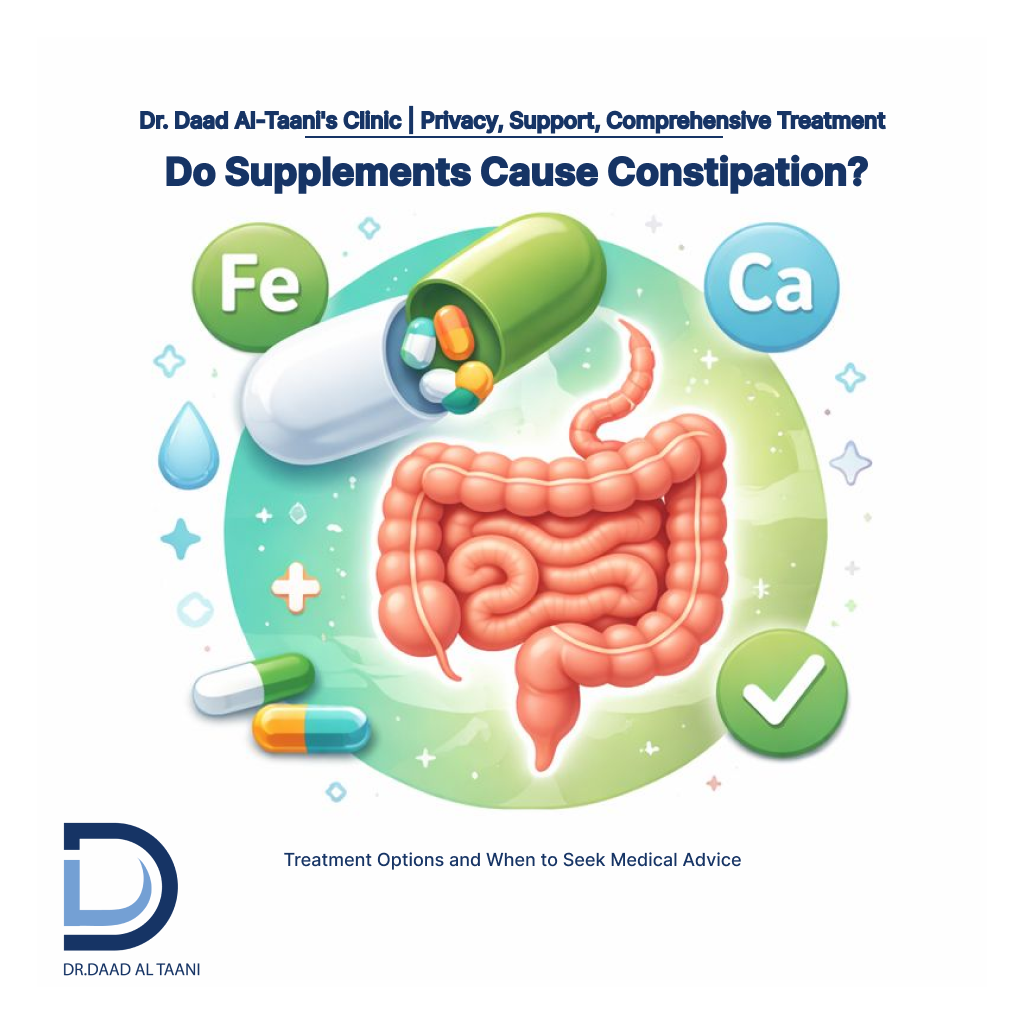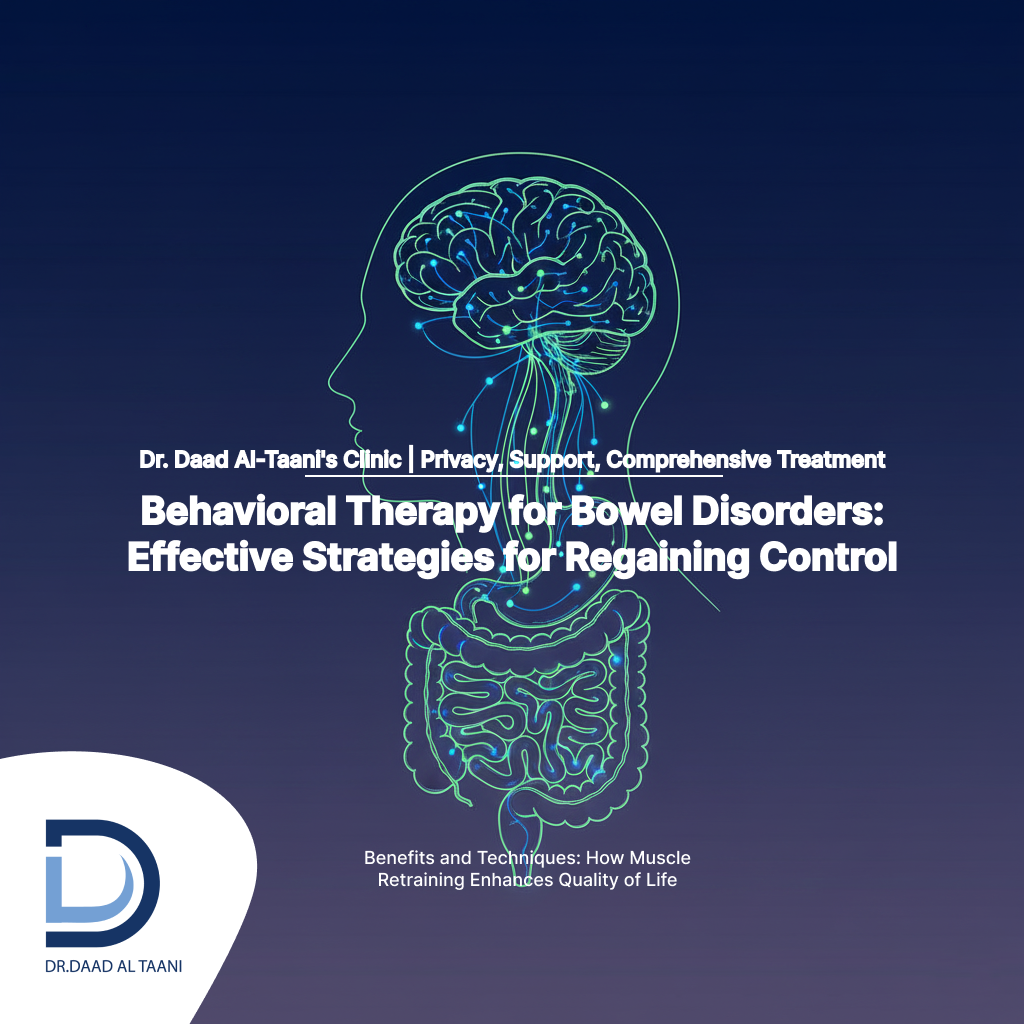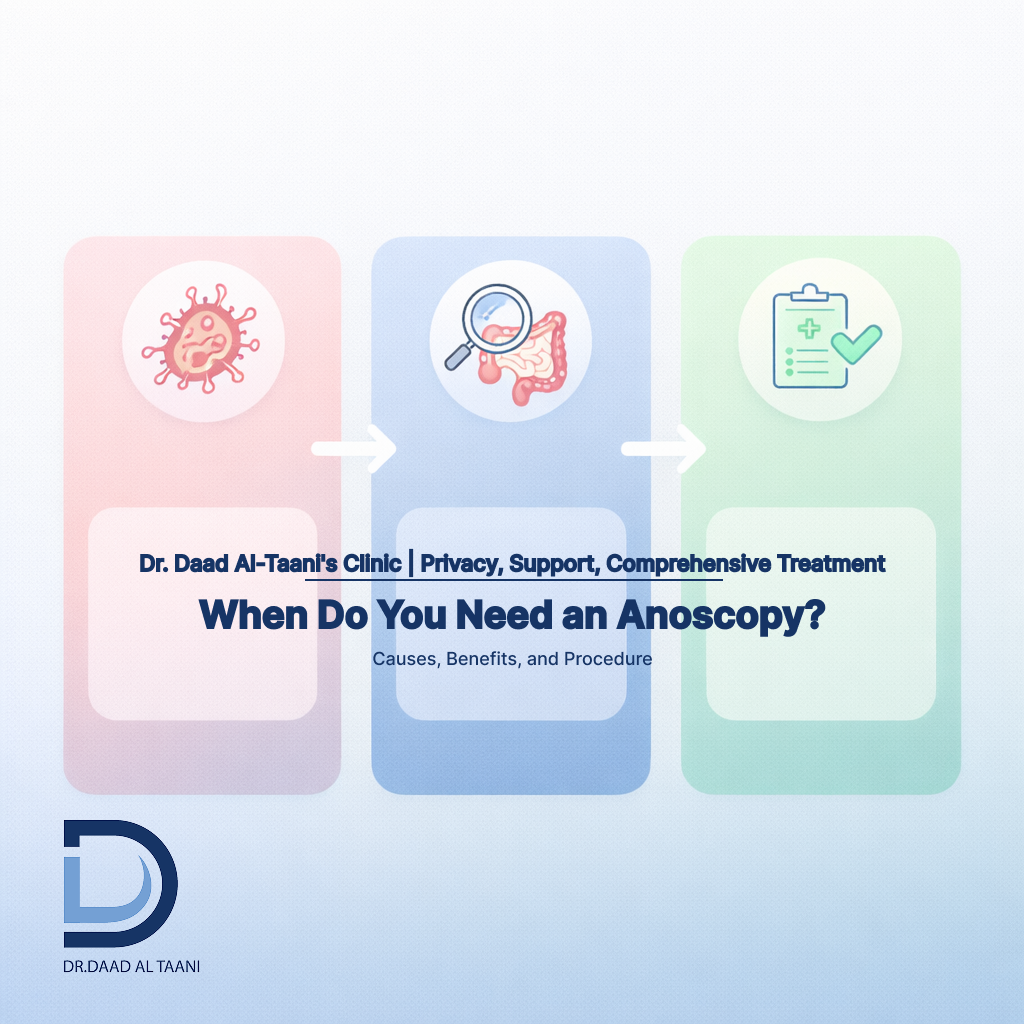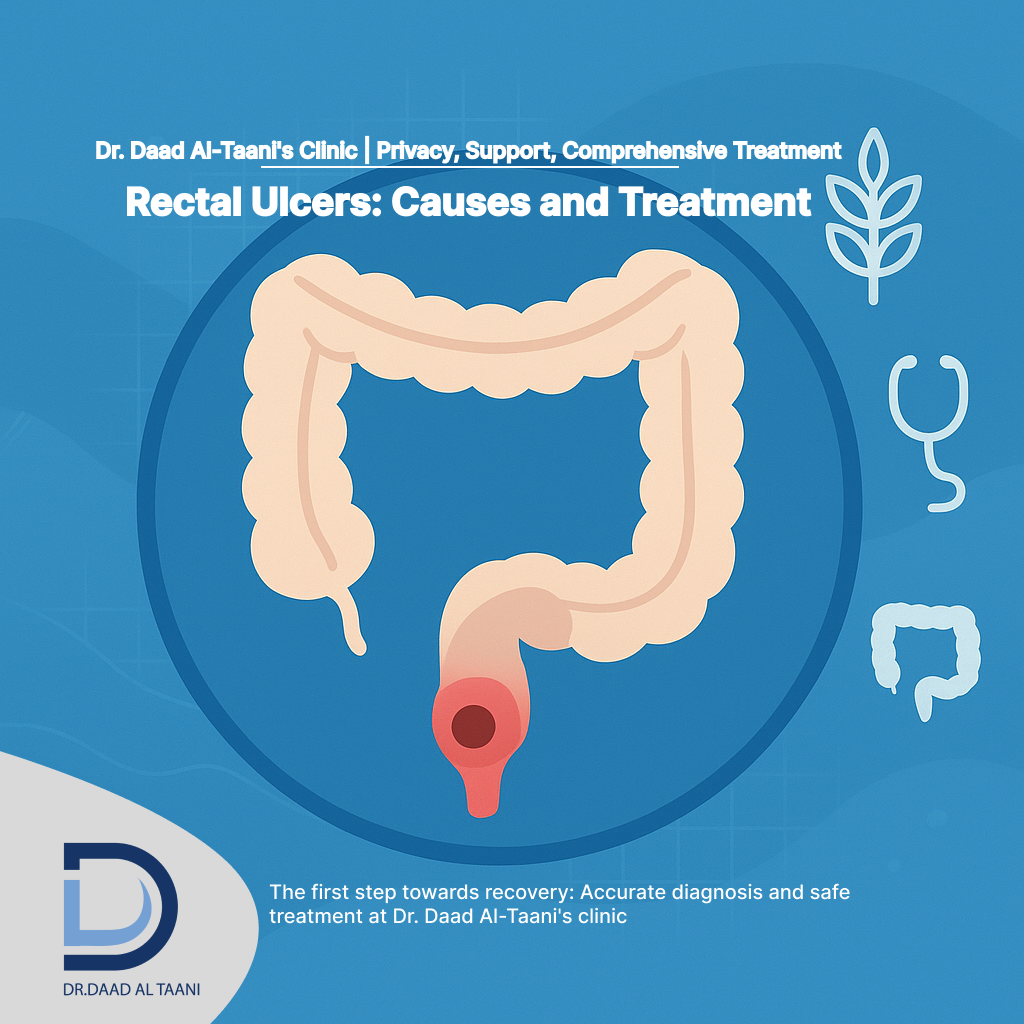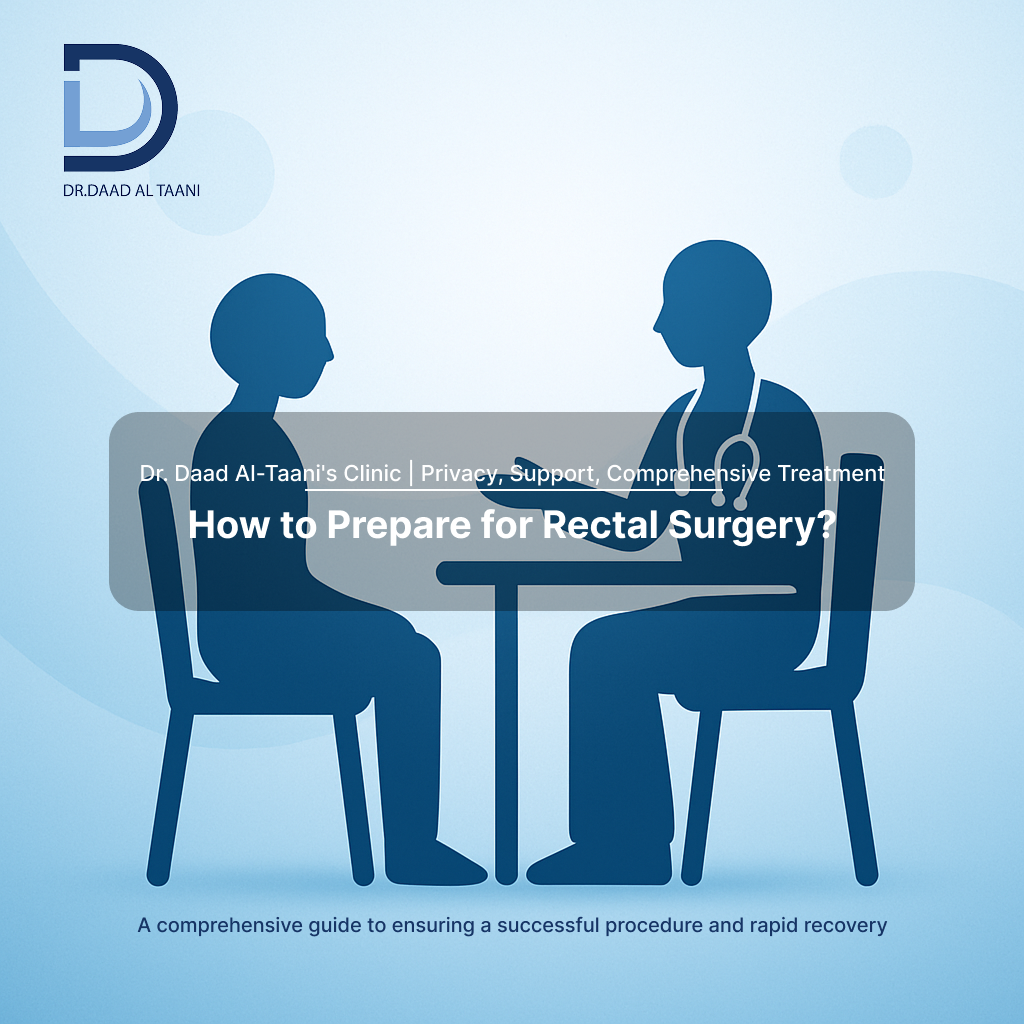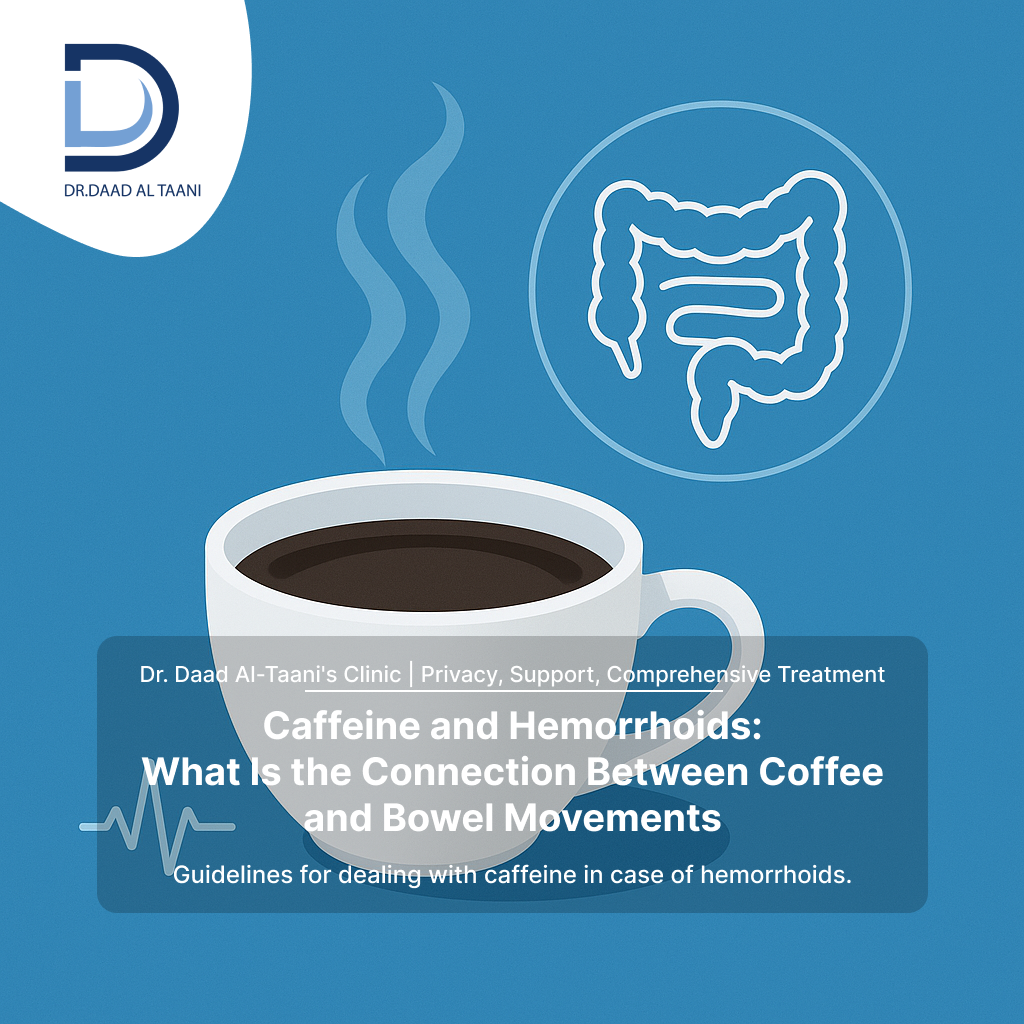Hemorrhoids are a common yet often underestimated medical condition that can significantly impact quality of life. For individuals with chronic diseases like high blood pressure (hypertension) and diabetes, hemorrhoids can present additional complications and require extra care in treatment. In this article, we explore how hemorrhoids affect patients with hypertension and diabetes and offer tips for safe and effective management.
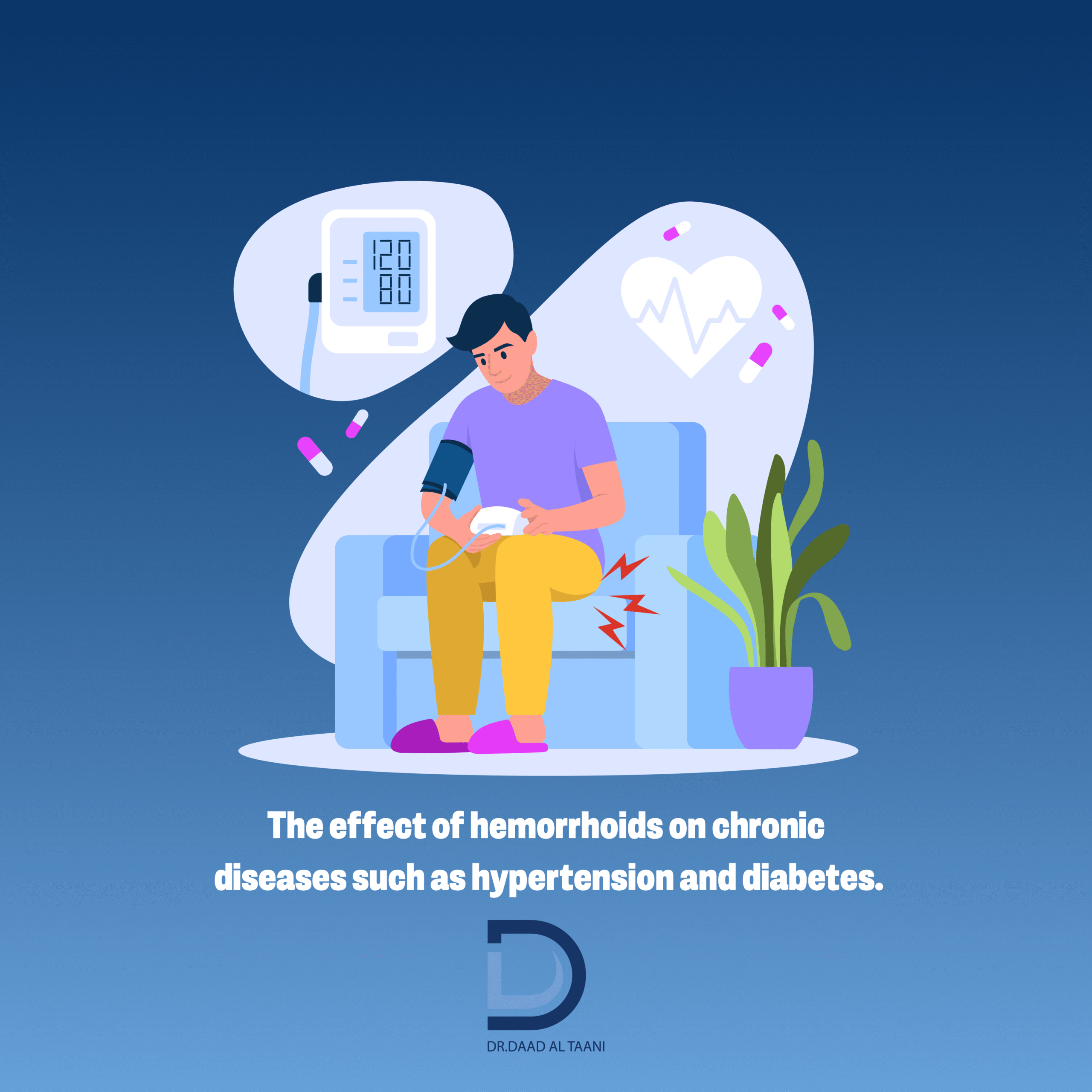
Hemorrhoids and Chronic Conditions: The Impact on Hypertension and Diabetes
Table of Content
- 1. The Relationship Between Hemorrhoids and High Blood Pressure
- 2. Hemorrhoids and Diabetes: A Complex Relationship
- 3. Why Do Patients with Hypertension and Diabetes Need Special Care When Suffering from Hemorrhoids?
- 4. Essential Tips for Managing Hemorrhoids with Chronic Conditions
- 5. Treatment Options for Patients with Diabetes or Hypertension
- 6. When Should You See a Doctor?
- 7. Conclusion
Hemorrhoids and Diabetes: A Complex Relationship
How Does Diabetes Affect Hemorrhoids?
Diabetes affects several health aspects that lead to worsening hemorrhoid conditions, including:
- Poor blood circulation, which slows tissue healing
- Slow wound healing, which makes it difficult for damaged anal tissues to heal.
- Increased risk of infection due to weakened immunity.
- Neuropathy, which may reduce the ability to feel pain or bowel urgency, increasing the risk of constipation
Symptoms of Hemorrhoids in Diabetic Patients
Symptoms are often more severe and troublesome, including:
- More frequent or severe bleeding
- Chronic swelling in the anal area.
- Discharge or bacterial infections due to weakened immunity.
- Chronic feeling of incomplete evacuation.

Why Do Patients with Hypertension and Diabetes Need Special Care When Suffering from Hemorrhoids?
Having a chronic disease poses several challenges in dealing with hemorrhoids, most notably:
- Choosing appropriate treatment that doesn’t interfere with diabetes or blood pressure medications.
- Avoiding traditional surgeries in medically unstable cases.
- Precisely adjusting diet to avoid constipation without raising blood sugar.
- Monitoring blood pressure and sugar during any hemorrhoid treatment, even non-surgical ones.
Essential Tips for Managing Hemorrhoids with Chronic Conditions
1. Maintaining Blood Pressure and Blood Sugar Balance
It’s important to control the chronic disease before starting any hemorrhoid treatment, whether medicinal or surgical, because balance helps reduce chances of bleeding and speeds up recovery.
2. Adopt a High-Fiber Diet
- Increase intake of vegetables, fruits, and whole grains.
- Avoid foods that spike blood sugar or elevate blood pressure (e.g., salty snacks, processed sugars)
- Drink adequate amounts of water daily (2-3 liters).
3. Avoid Prolonged Sitting
- It’s recommended to move every 30-45 minutes.
- Use a hemorrhoid cushion to reduce pressure on the anal area
4. Use Laxatives with Caution
It’s preferable to use natural laxatives or use them under the supervision of a specialist, especially since some laxatives affect the absorption of other medications.
5. Personal Hygiene Care
- Use lukewarm water after bowel movements.
- Avoid using dry or scented wipes that may cause infections.
Treatment Options for Patients with Diabetes or Hypertension
Conservative Treatment
- Topical creams or ointments to reduce pain and inflammation
- Warm sitz baths for symptom relief
- Treating constipation with fiber-rich foods and supplements.
Minimally Invasive Procedures
- Rubber band ligation is a minimally invasive and effective treatment for internal hemorrhoids
- Laser or cryotherapy: Suitable for some patients with complex medical conditions.
Surgical Intervention
Considered the last option, with the following requirements:
- Complete control of blood pressure and diabetes before surgery.
- Comprehensive assessment of the patient’s cardiac and neurological condition.
- Intensive follow-up after surgery to avoid complications.
When Should You See a Doctor?
You should consult a doctor immediately in the following cases:
- Persistent bleeding from the anus.
- Feeling of sharp or sudden pain.
- Emergence of a painful lump during bowel movements.
- Hemorrhoid symptoms that don’t respond to home treatment within two weeks.
- Diabetes and hypertension patients who notice changes in stool appearance or increased constipation.
Conclusion
Hemorrhoids are not just an annoying or painful problem, but can be more complicated and dangerous for those with high blood pressure or diabetes. Dealing with this condition requires specialized medical care and careful monitoring, especially since delay or neglect may lead to unwanted complications. Therefore, if you suffer from one of these chronic diseases and experience hemorrhoid symptoms, don’t hesitate to consult your doctor immediately for a comprehensive and safe treatment plan.


